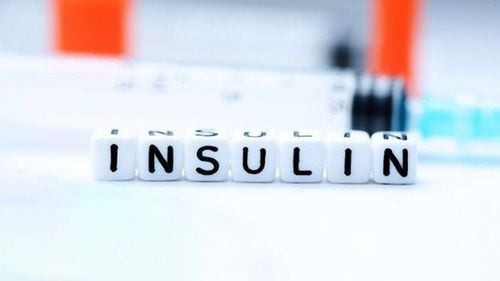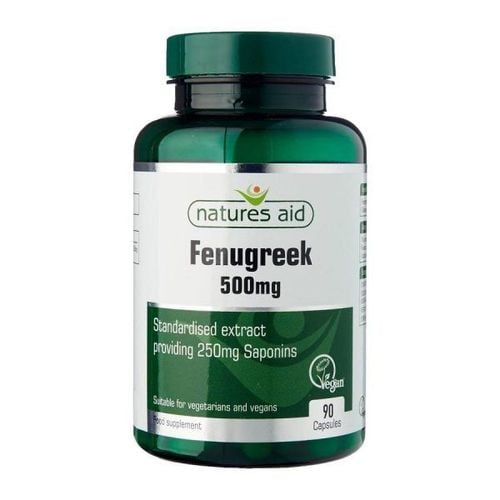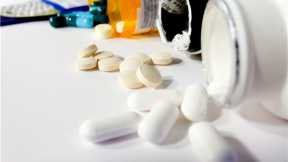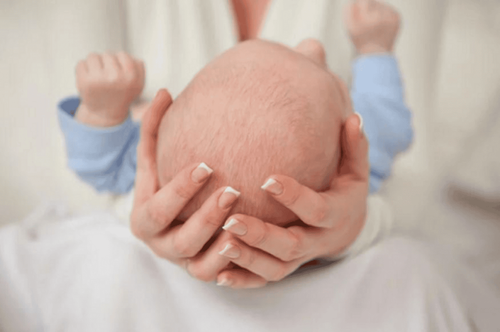This is an automatically translated article.
The article was professionally approved with Associate Professor, Doctor, Doctor Huynh Thoai Loan - Head of Pediatrics - Neonatology - Pediatrics - Neonatology Department, Vinmec Central Park International General Hospital
Growth hormone GH is a hormone replacement therapy, commonly used in the treatment of growth retardation in children due to a lack of growth hormone. The injection of growth hormone not prescribed by the doctor can cause certain side effects.
1. Is there any side effect of growth hormone injection?
Although growth hormone injection is a relatively safe and effective treatment for children with growth retardation due to growth hormone deficiency, there is still a potential risk of some side effects if not adhere to the treatment regimen. Fortunately, serious side effects are very rare. Meanwhile, swelling, numbness, joint pain, and muscle pain are the most common side effects of growth hormone injections.
Some patients may develop diabetes as a side effect of growth hormone injections. At this time, patients need to adjust the dose of diabetes medication during parallel growth hormone treatment. In addition, patients should be carefully monitored if growth hormone is used in conjunction with glucocorticoid therapy and/or other drugs with a similar principle of action.
For children with previous cancer, growth hormone treatment may increase the risk of new tumor formation, especially some benign brain tumors. This risk may be higher in patients treated with cranial radiotherapy.
A rare number of patients treated with growth hormone have increased pressure in the brain. This can cause headaches and vision problems, and treatment should be discontinued and re-evaluated in these patients. Children with Turner syndrome and Prader-Willi syndrome may be at higher risk for increased pressure in the brain compared with other children when receiving growth hormone injections.
In addition, thyroid function of children should be checked regularly during growth hormone treatment to promptly adjust if necessary. At the same time, growth hormone-treated children who are taking concomitant glucocorticoids should have their serum cortisol levels checked regularly.
In rapidly growing children, worsening of spinal curvature is also a side effect of growth hormone injection if not closely monitored. This is also known as drug-acquired scoliosis. Children with scoliosis should be checked regularly for scoliosis control during growth hormone treatment. If it is observed that a child treated with growth hormone therapy begins to have an abnormal gait, the child's learning to walk requires early corrective intervention.
Some cases of pancreatitis have been reported as a side effect of growth hormone injections in both children and adults but are rare. Some evidence suggests this risk is greater in children than in adults. In addition, the literature suggests that girls with Turner syndrome may be at higher risk of pancreatitis than other children who are taking growth hormone. However, in any child who suddenly develops severe, persistent abdominal pain, acute pancreatitis should be thought of as a side effect of medication.

2. How to inject growth hormone safely?
To ensure safe growth hormone injection, the following issues should be kept in mind:
Growth hormone should not be used to increase height in children after the growth plates at the ends of the bones have closed. Growth hormone should also not be used by diabetics with diabetic retinopathy. Growth hormone should not be used by patients newly diagnosed with cancer, or who are being treated for cancer. A growth hormone deficiency can be caused by a brain tumor. Therefore, the presence of these brain tumors should be excluded before initiating treatment. Growth hormone should not be used if a recurrent or progressive brain tumor is suspected. Growth hormone should not be used in patients who are critically ill from surgery, trauma, or respiratory failure. Growth hormone should not be used by children with Prader-Willi syndrome who are very overweight or have severe breathing problems. In addition, growth hormone injection should not be given to patients who have had an allergic reaction or adverse reaction to somatropin or any of the other ingredients.

3. Objects need to be considered before injecting growth hormone
Growth hormone should be used during pregnancy only if absolutely necessary. It should be used with caution in nursing mothers as it is not known whether growth hormone is passed into breast milk. In addition, women who are taking oral estrogen supplements can still take growth hormone, but these women may need a larger dose of the hormone.
On the other hand, the elderly can be injected with growth hormone if indicated. However, the elderly should be closely monitored during treatment as these are often the circumstances that may be more likely to experience side effects with growth hormone therapy.
In summary, although uncommon, growth hormone injections have a number of possible side effects, including rash and injection site pain, fever, arthralgia, intracranial hypertension, and resistant diabetes. insulin, progressive scoliosis. However, in children with growth hormone deficiency, this is the only therapy and requires prolonged treatment. Accordingly, parents need to be aware of these adverse reactions and notify the doctor for assistance as soon as possible.
Please dial HOTLINE for more information or register for an appointment HERE. Download MyVinmec app to make appointments faster and to manage your bookings easily.
Note: This article is part of the Vinmec International General Hospital System's Awareness Program on Growth Retardation, with the support of Novo Nordisk













